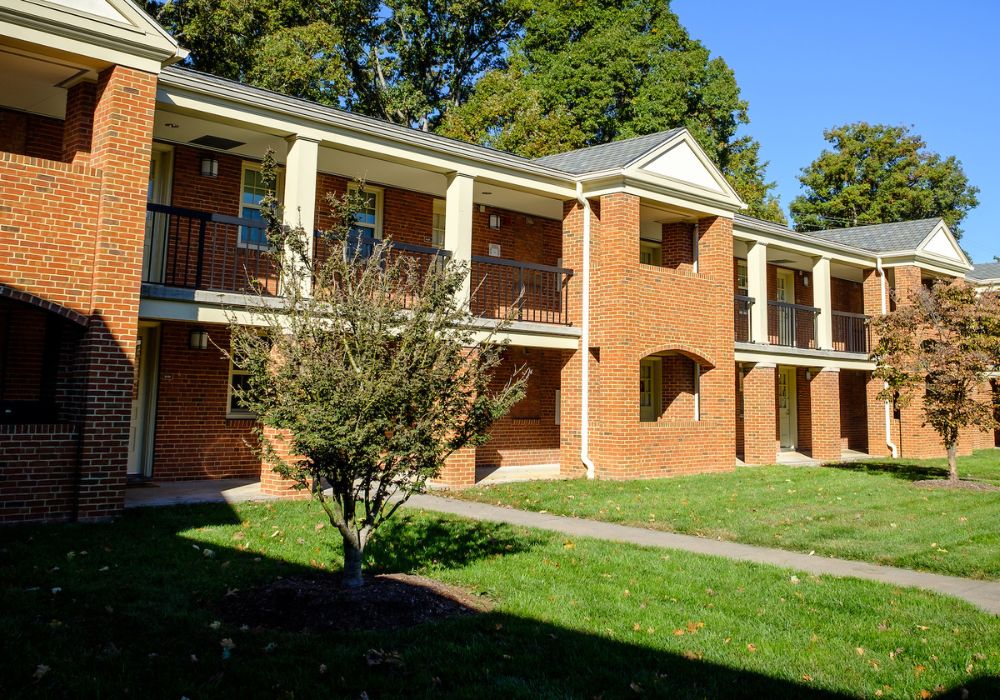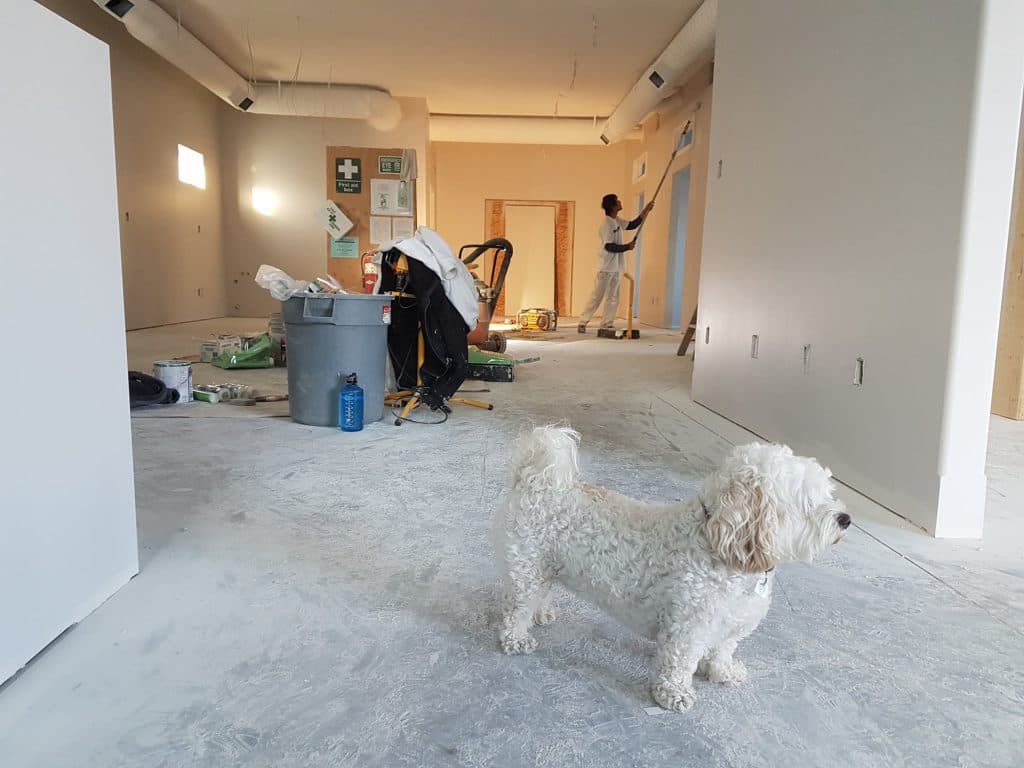As a property owner, you have rights when it comes to who can access your private property. This includes interactions with law enforcement officers. In many situations, you do have the right to tell police to get off your property if they do not have a valid reason or proper authorization to be there.
. In this article, we will explore your rights and provide guidance on when and how you can tell cops to leave your property.
Can You Politely Tell Cops to Leave Your Property?
Yes, you can politely ask police officers to leave your property if they do not have a warrant or valid reason to be there. It is important to remain calm and respectful when making this request. Speak to the officers in a non-confrontational manner and clearly state that you are exercising your legal right to deny access to unauthorized individuals.
Be prepared to show documentation proving your ownership of the property if asked. Escalating the situation through aggression or hostility could work against you. As long as your request is made respectfully, you are well within your rights to have the officers leave peacefully.
Related: Are Landlords Notified When Police Are Called?
What Should You Do If Cops Refuse to Leave?

If the police refuse your request to leave, do not become physically confrontational or attempt to obstruct them. Their refusal may indicate they feel they have a valid reason to remain on the property, such as investigating a potential crime.
Do not resist or interfere with their actions. Instead, carefully document all details of the encounter through recording, taking notes, or having witnesses. You can then explore your legal options, like filing a complaint, with the documentation as evidence. Remaining calm and collecting factual information is important to protect your rights without putting yourself in further legal jeopardy.
What If Cops Have a Search Warrant?
Police are allowed to enter private property without permission if they have obtained a valid search warrant from a judge. If officers present a warrant, you should carefully read through it to ensure it is authorized for your specific property and complies with legal requirements regarding scope and timeframes.
Unless the warrant is invalid or expired, you cannot deny the officers access. Not allowing a lawful search with a warrant could result in obstruction charges. Your rights are still protected by the warrant process.
What Gives Cops Reasonable Suspicion?
Police may enter private property without a warrant if they have reasonable suspicion a crime is actively occurring on the premises. Reasonable suspicion is established through an officer's observations and factual details, not random assumptions. For example, witnesses reporting suspicious activity unfolding or officers directly witnessing potential criminal behavior could give them cause to investigate further.
Any entry or search is limited until probable cause is established. Property owners still retain the right to deny entry unless reasonable suspicion rises to the level of a warrant.
Can Police Simply Come Inside If a Door Is Open?
No, an open door does not give law enforcement automatic permission to fully access and search a private residence. If officers see evidence of a possible crime in plain view from a public place or open doorway, they may legally be able to briefly enter to investigate further.
However, they cannot conduct a full search without probable cause or a warrant. An open door alone does not meet the threshold for reasonable suspicion allowing an unwarranted search of closed or private rooms inside a home. Property rights and privacy protections still apply.
Are Property Owners Required to Answer the Door?
When it comes to answering the door for police, there are two key situations. If officers do not have a warrant, homeowners have no legal obligation to respond or grant them access inside. However, if police do have a valid warrant, property owners are required to answer the door and allow entry, otherwise it could lead to obstruction charges.
In both scenarios, requesting that a warrant be shown is a reasonable step to take before providing access to verify officers' authorization to be on the premises.
What Recourse Do Property Owners Have?
If police presence on private property seems unlawful or unreasonable, gathering documentation of the encounter is important. Notes, recordings or eyewitnesses can be used as evidence if a complaint is filed with the officer's supervisors or a civil rights lawsuit becomes necessary.
Property owners also have the option to refuse voluntary interviews or searches to ensure their constitutional protections are upheld whenever officers lack sufficient cause.
Ultimately, balancing cooperation with clear enforcement of rights requires knowledge of the applicable laws.
Conclusion
In summary, property owners do have the ability to tell police officers to leave their land as long as the cops do not have a warrant, exigent circumstances, or adequate reasonable suspicion to be there.





